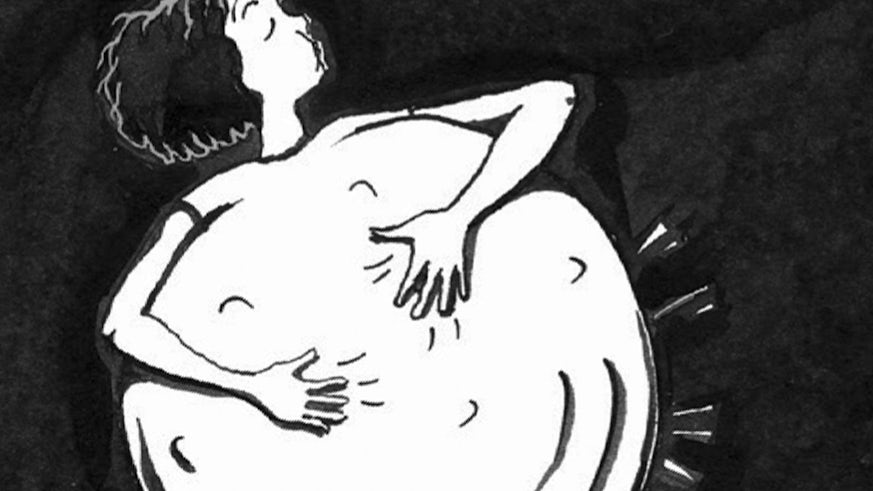Navigating illness through visual metaphor
4 February 2019

New book explores how we use visual metaphor to help us understand the illness experience
Theoretically and methodologically innovative, Visual Metaphor and Embodiment in Graphic Illness Narratives is the latest book by Language and Communication expert Dr Elisabeth El Refaie.
Metaphors help us understand abstract concepts, emotions, and social relations through the concrete experience of our own bodies. Conceptual Metaphor Theory (CMT), which dominates the field of contemporary metaphor studies, is centred on this claim.
According to this theory, correlations in the way the world is perceived in early childhood persist in our conceptual system, influencing our thoughts throughout life at a mostly unconscious level.
But what happens when our ordinary experience is disrupted by illness?
In her critically-acclaimed book, Dr El Refaie explores how metaphors signal and mirror our body's alteration due to disease. In her careful analysis of visual metaphor in 35 graphic illness narratives (book-length stories about disease in the comics medium), she proposes the notion of "dynamic embodiment."
Building on recent strands of research within CMT and engaging relevant concepts from phenomenology, psychology, semiotics, and media studies, El Refaie demonstrates how the experience of our own bodies is constantly adjusting to changes in our individual states of health, socio-cultural practices, and the modes and media by which we communicate.
This interdisciplinary work also proposes a novel classification system of visual metaphor, distinguishing between pictorial, spatial, and stylistic metaphors. This new approach seeks to advance knowledge and understanding of phenomena involved in shaping our everyday thoughts, interactions, and behaviour.
“A marvellous achievement. This book absolutely delivers on (its) radical agenda. By focusing on visual metaphors in thirty-five graphic illness narratives, El Refaie challenges current theories of metaphor and embodiment to deal with multiple types of diversity (different bodies, different illnesses, different kinds of multimodal texts). This leads to insights and developments that will be relevant across many disciplines, from cognitive science through multimodal discourse analysis to the medical humanities" - Professor of Linguistics Elena Semino [Lancaster University]
Reader in English Language and Communication Dr Elisabeth El Refaie has employed her expertise to help tackle a range of health-related issues. Creating drawing workshops to elicit and then share people’s thoughts and feelings about sensitive illnesses, her research has helped to address the infertility experiences of Black and ethnic minority women in Wales and encourage sharing of important health messages about HIV and Ebola on the African continent.
Her first book, Autobiographical Comics: Life Writing in Pictures, was shortlisted for the prestigious Will Eisner Comic Industry Awards 2013 in the Best Scholarly/Academic Work category.
Visual Metaphor and Embodiment in Graphic Illness Narratives is published by Oxford University Press.